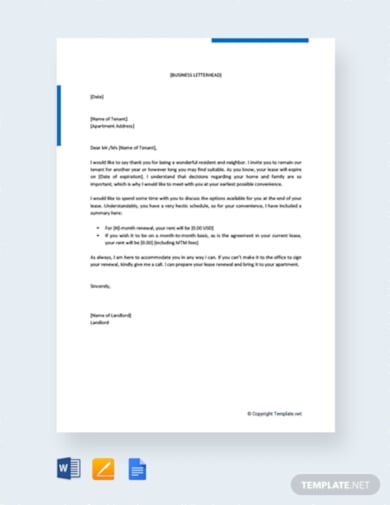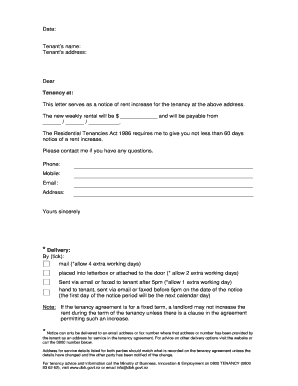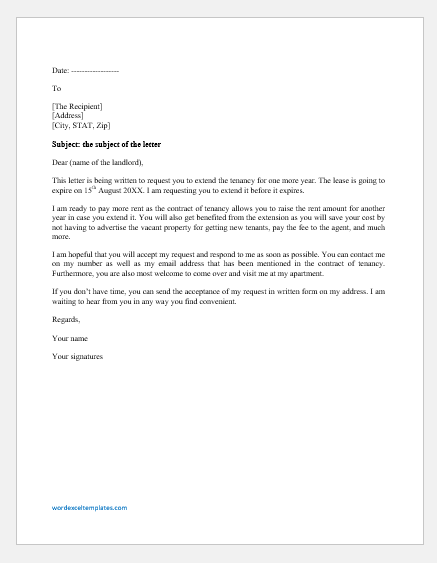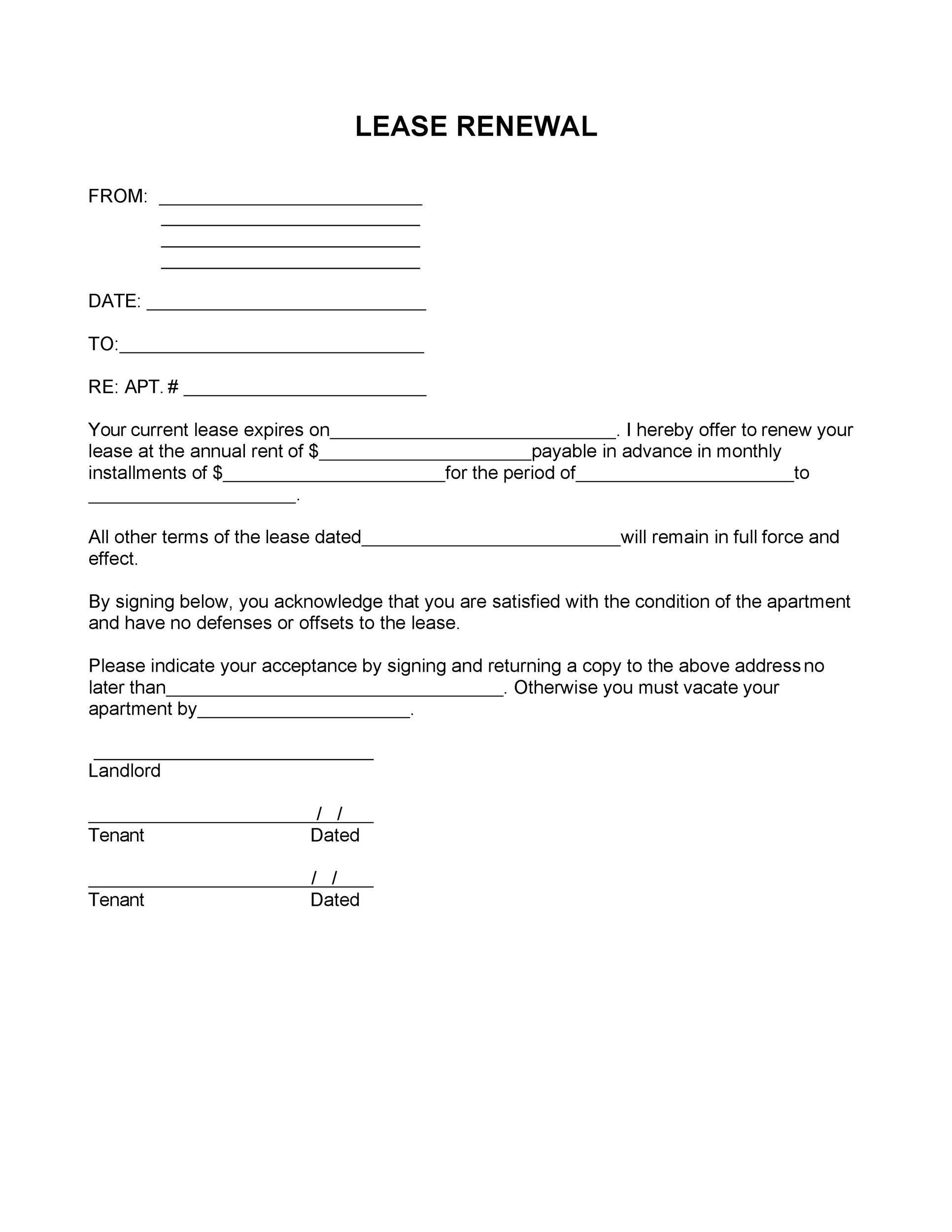A lease extension letter is a document that is used to request an extension of a lease agreement that is set to expire. This type of letter is typically written by the tenant and addressed to the landlord or property owner. The purpose of the letter is to request an extension of the lease for a specific period of time, usually six months to a year.
There are several reasons why a tenant may wish to request a lease extension. For example, the tenant may be in the process of searching for a new home or apartment, but has not yet found a suitable place to move. In this case, a lease extension may provide the tenant with the necessary time to find a new residence. Alternatively, the tenant may be content with their current living situation and wish to remain in the same location for an extended period of time.
When writing a lease extension letter, it is important to be professional and concise. The letter should begin with a formal greeting, such as "Dear Mr./Mrs. [Landlord's Name]," and should include the date and the tenant's contact information. The body of the letter should clearly state the reason for the request, the desired length of the extension, and any other relevant information. It is also a good idea to include a copy of the current lease agreement, as this will help the landlord to understand the terms of the current agreement.
It is important to remember that the landlord is under no obligation to grant a lease extension, even if the tenant has been a good tenant. However, if the landlord is willing to consider the request, it is important for the tenant to negotiate the terms of the extension in advance. This may include agreeing to a rent increase or making certain repairs or improvements to the property.
In conclusion, a lease extension letter is a useful tool for tenants who wish to remain in their current residence for an extended period of time. By following the guidelines outlined above and negotiating the terms of the extension in advance, tenants can increase their chances of successfully extending their lease.






